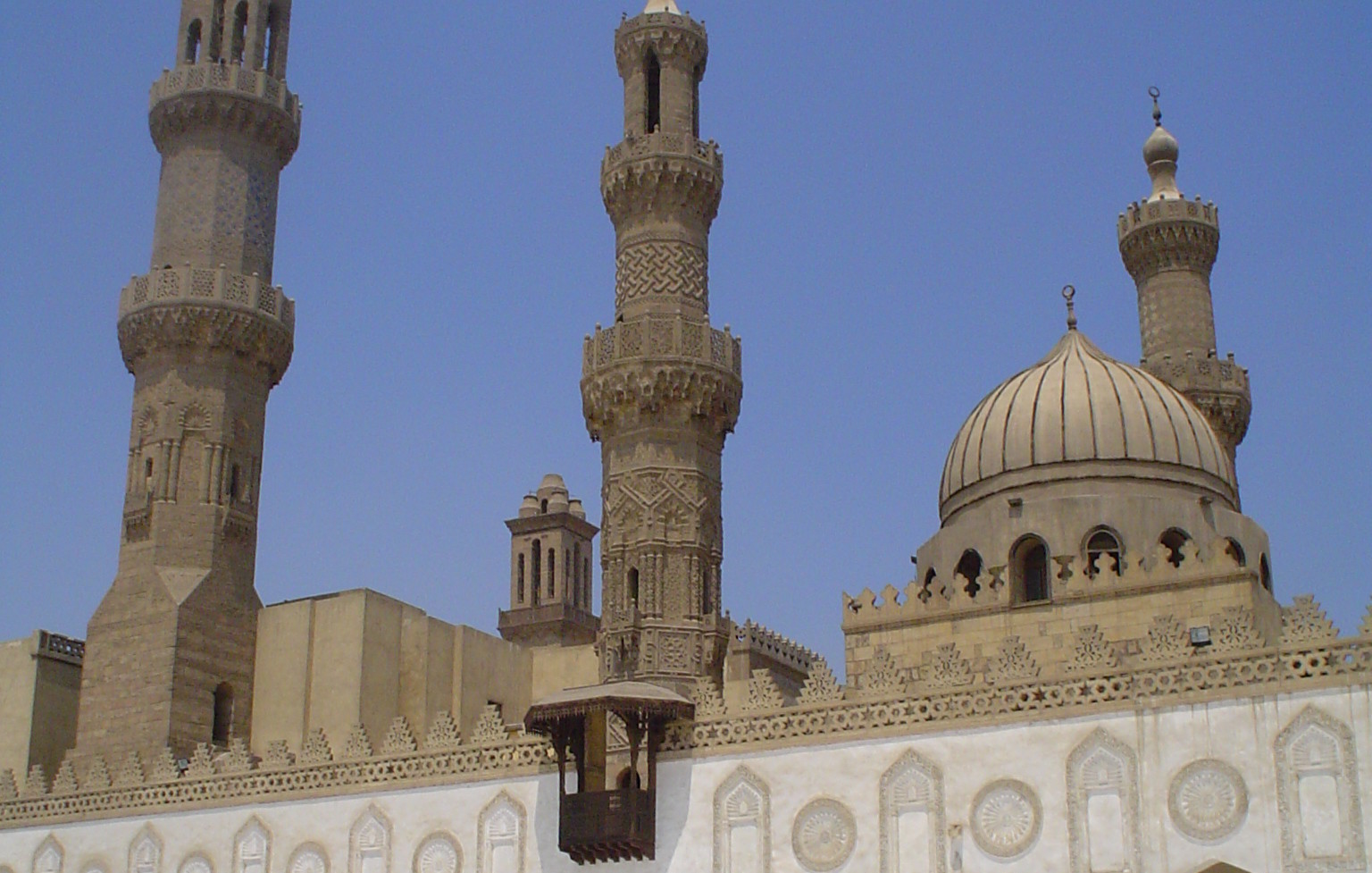In an interesting article that dates back to 1996, Ahmed Mansour, a graduate of Al-Azhar University, provides a detailed analysis of the state of “democracy” in Egypt at the time of Presidents Sadat and Mubarak. In that article, Mansour explains what he thinks to be the dominant view of Muslim Brotherhood and its associated figures regarding the significance of Shura in the structure of the government. In his view, the term Shura, when used by major Islamic figures, did not stand for a parliamentary democracy as understood in modern constitutional republics. Rather, he sees their use of Shura to have been a “banner” that seemingly endorsed democracy while in fact being an elitist institution sympathetic to the idea of an omnipotent ruler. In his words:
The political Islamic trend seeking power raises the banner of “Shura” or consultation instead of democracy. Their understanding of Shura, however, is that the ruler, who owns the nation and the people, should consult his elders, but only if he wanted to. It is also up to him to decide whether to form a Shura councilor or not, appointing or removing its members at will. As for members of such Shura councils, they should seek the ruler’s satisfaction, even through hypocrisy.
Note that among these “elders” are the significant figures at Al-Azhar or other notable religious figures in Egypt. This type of consultation is in fact the very subject of Part I, Art. 4 of the Egyptian Constitution, which reads:
The Council of Al-Azhar’s Senior Scholars shall be consulted on issued related to Islamic Sharia.
The consultation is conditioned to matters concerning Islamic Sharia. In its face, therefore, there does not seem to be a requirement for consultation in all regards. True, the text could have made an explicit requirement for such consultation, or even more, created a hierarchy of powers that granted much greater power to the university. However, it must be noted that Art. 2 of the same part which reads:
The principles of the Islamic Sharia are the main source of legislation.
will make it a constitutional expectation, if not obligation, for the consultation to take place on the main areas of legislation. This quick link seems to make a strong case regarding a type of dependence on Al-Azhar that might turn out to be highly controversial. After all, Art. 4 does not make it a requirement for the parliament to follow the rule of Al-Azhar. This tends to resonate the same sense of consultation that Mansour argued for many years ago when he said that certain figures are looking for non-obligatory consultation with “elders” as they talk about Shura.
